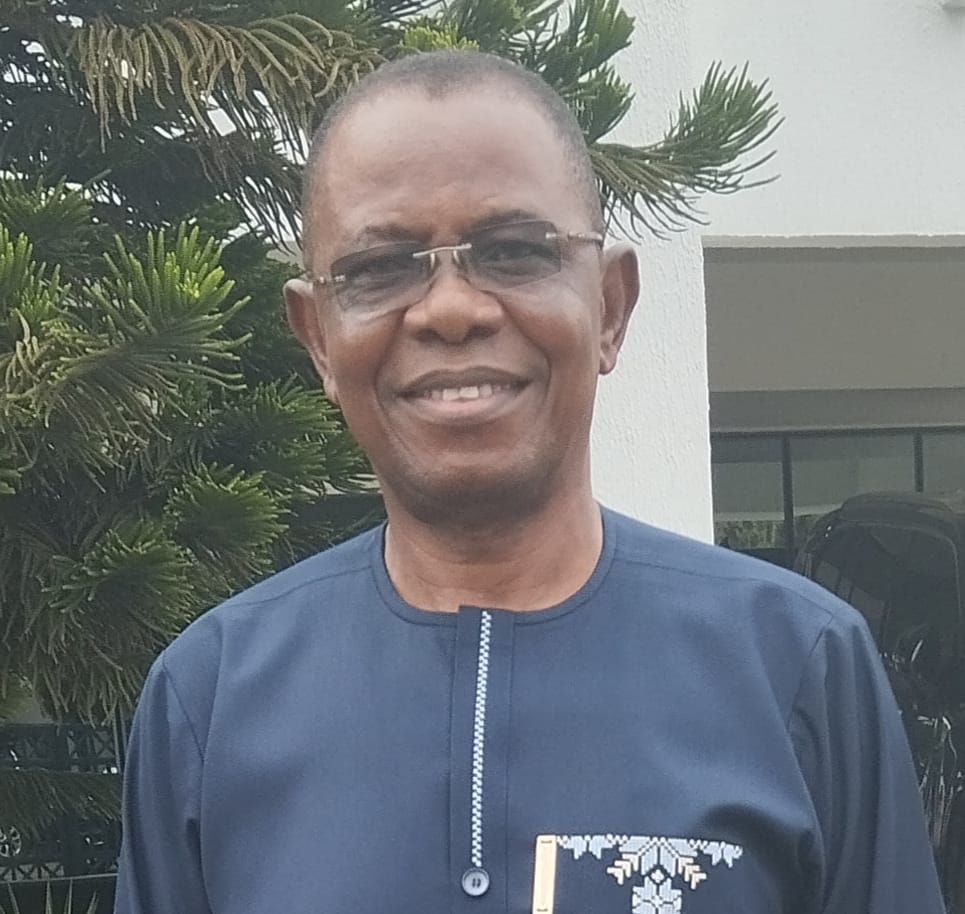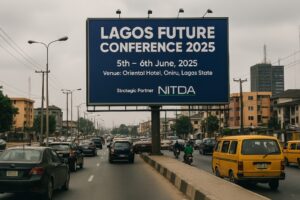The Federal Government of Nigeria through the Ministry of Communications, Innovation, and Digital Economy has approved Mobile Network Operators (MNOs) plans to increase call and data tariffs.
This was revealed at a meeting held in Abuja with stakeholders of various MNOs and the Minister of Communications, Innovation, and Digital Economy, Dr. Bosun Tijani.
The Minister revealed that the government aims to address sustainability challenges in the telecom sector. Although, this implies that prices of calls, data and SMS will go up for the average Nigerian, Tijani, however, assured Nigerians that the increment will not be the 100 percent that telecom operators are pushing for at the moment.
According to him, the Nigerian Communications Commission (NCC), will approve a new tariff which would be made public in due time. He said,
“The essence of this gathering is recognizing the critical role the telecom sector plays in driving Nigeria’s economic development. You have seen over the past weeks that there has been agitation from some of these companies to increase tariffs. They are requesting a 100 percent tariff increase.
“Tariff will go up. That’s the verdict. But it will not be by 100 percent. We are still looking at that study, and NCC will come up with a clear directive on how we will go about it.
“We want to strike the balance as a government to protect our people but also protect and ensure that these companies can continue to invest significantly.
“We need to ensure that as a sector, we get our acts together and ensure that from the regulation side, we put the right regulations in place that can ensure the growth of this sector.”
He further emphasized that the federal government will no longer leave investments in infrastructure in the sector to private companies alone.
“As a country, over time, we have left this investment in the hands of the private sector. They typically invest where they can see returns in the short to medium term.
“We will not want this conversation to just be about tariff increase. I think what the world is talking about today is meaningful connectivity.
“You want to have access to very good quality service.
“A part of it that the consumers may not be aware of is the investment that needs to go into the infrastructure that is used to deliver these services,” Tijani added.
Speaking to the parley, Aminu Maida, Executive Vice Chairman, Nigerian Telecommunications commission (NCC), noted that tariff adjustments will be accompanied by measures to simplify billing systems while increasing transparency.
“We’ve revised our quality of service regulations, bringing the entire value chain into scope for compliance, from MNOs to tower codes and transmission companies.
“So when we do see these tariff modifications, it’s also going to come with simplification. So every MNO or every service provider must comply with a simplified template. To show Nigerians what you are charging per minute, per voice, per SMS, and per megabyte of data.
“We’re moving away from a regime where you have a main rate, then a bonus at a different rate, which complicates understanding.”
Maida further highlighted the need for meaningful connectivity and the government’s commitment to investing in infrastructure so as to ensure quality service across Nigeria.
With the market size for Nigeria Telecom Market being valued at over USD 10 billion in 2024 and estimated to reach a projected value of over USD 11 billion by 2029, the increment would address rising operational costs, including inflation and increased expenses for service delivery ensuring that telecommunications companies deliver superior connectivity and foster digital inclusion.











